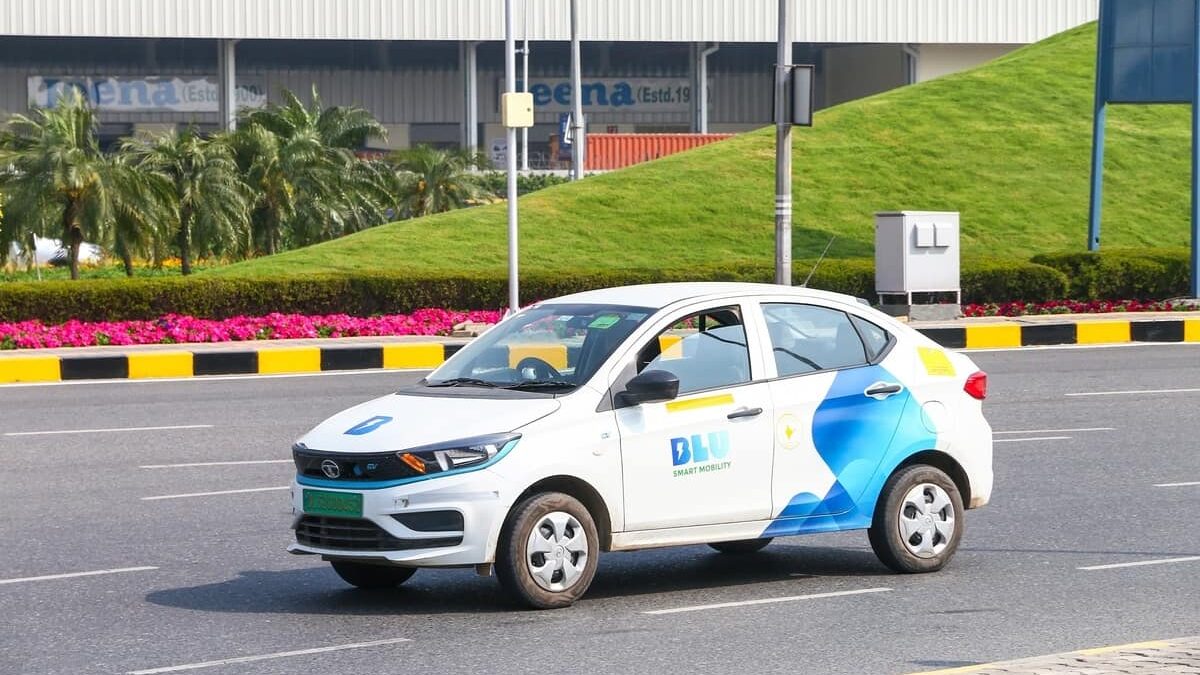Mumbai-based automaker Tata Motors becomes the first local player to launch price cuts in the Indian electric vehicle market on Tuesday, February 13.
The Indian automaker lowered the pricing of some of its models by 1% to 8%, potentially triggering an EV price war in the country.
Price changes
According to Reuters, Tata Motors lowered the prices of its electric vehicles by up to 120,000 rupees (S$1,945).
For instance, the popular Tata Nexon.ev’s price dropped 1.4% from 1.47 million rupees to just 1.45 million rupees.
The Indian automaker also reduced the price of its Tiago.ev by about 8.1% to 799,000 rupees.
It is worth noting that the Nexon.ev used to be the country’s most affordable vehicle since its 2020 launch, not until the arrival of the Tata Punch.ev, which only cost 1.2 million rupees in 2024.
These notable price cuts can potentially prompt a price war, just like what happened when Tesla lowered the pricing of its EVs in the global market to compete with its closest rivals like BYD.
“Tata’s price cut in India could prompt its rivals to also price their cars more competitively and launch newer EVs at aggressive prices.”
Jay Kale, Elara Capital Vice President
Driving factors: Customer concerns and easing battery cell prices
Electric vehicle models currently only account for 2% of India’s overall vehicle sales due to people’s concerns about higher upfront expenses and range anxiety issues despite lower running costs. Therefore, the price cuts are highly likely part of the automaker’s strategy to boost sales this year.
Despite these concerns, EVs still surpassed the country’s overall passenger vehicle industry growth. The EV segment reportedly surged by more than 90% compared to the 8% growth of the entire PV industry in CY 2023, according to Tata Motors.
Apart from that, Tata also asserted that the easing prices of battery cells aided the company in offering lower-priced models to buyers.
“With battery cell prices having softened in the recent past and considering their potential reduction in the foreseeable future, we have chosen to proactively pass on the resulting benefits directly to customers.”
Vivek Srivatsa, TPG-backed Tata Passenger Electric Mobility’s Chief Commerical Officer
Tata’s EV targets
Tata only started all-electric dealerships in September 2023. Despite that, it has already set an ambitious plan to launch ten electric vehicles in the next 3-4 years.
In addition, it also seeks to have electric vehicles account for at least 25% of its overall vehicle sales by 2025. It indicates a notable increase from just 9.3% last year.
Tata Motors currently holds more than 70% share in the electric vehicle market in India, making it more crucial for the company to defend its dominant position against local and foreign companies eyeing the local market.

